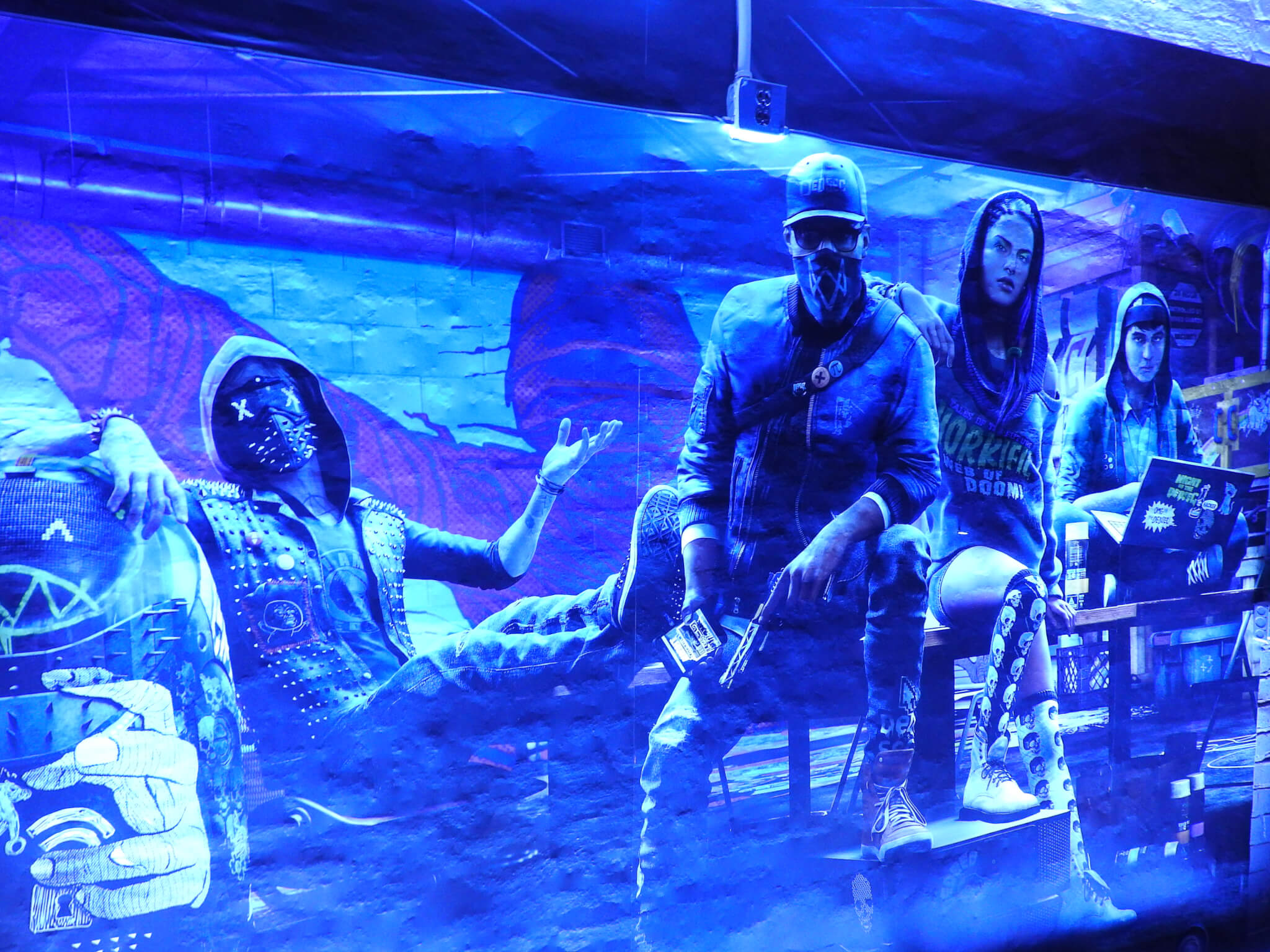The game industry has been under attack for a long time. Security professionals have often had to deal with distributed-denial-of-service (DDoS) attacks going back years.
It seemed like the problem was solved not so long ago, but then, the vector for attacks changed. With the rise of the Internet of Things (IoT), hackers were able to get their hands on many more compromised machines, and in turn, they were able to marshal those machines in much larger DDoS attacks. And so, the game companies are finding that they are getting flooded with attacks once again.

Unlock premium content and VIP community perks with GB M A X!
Join now to enjoy our free and premium membership perks.
![]()

![]()